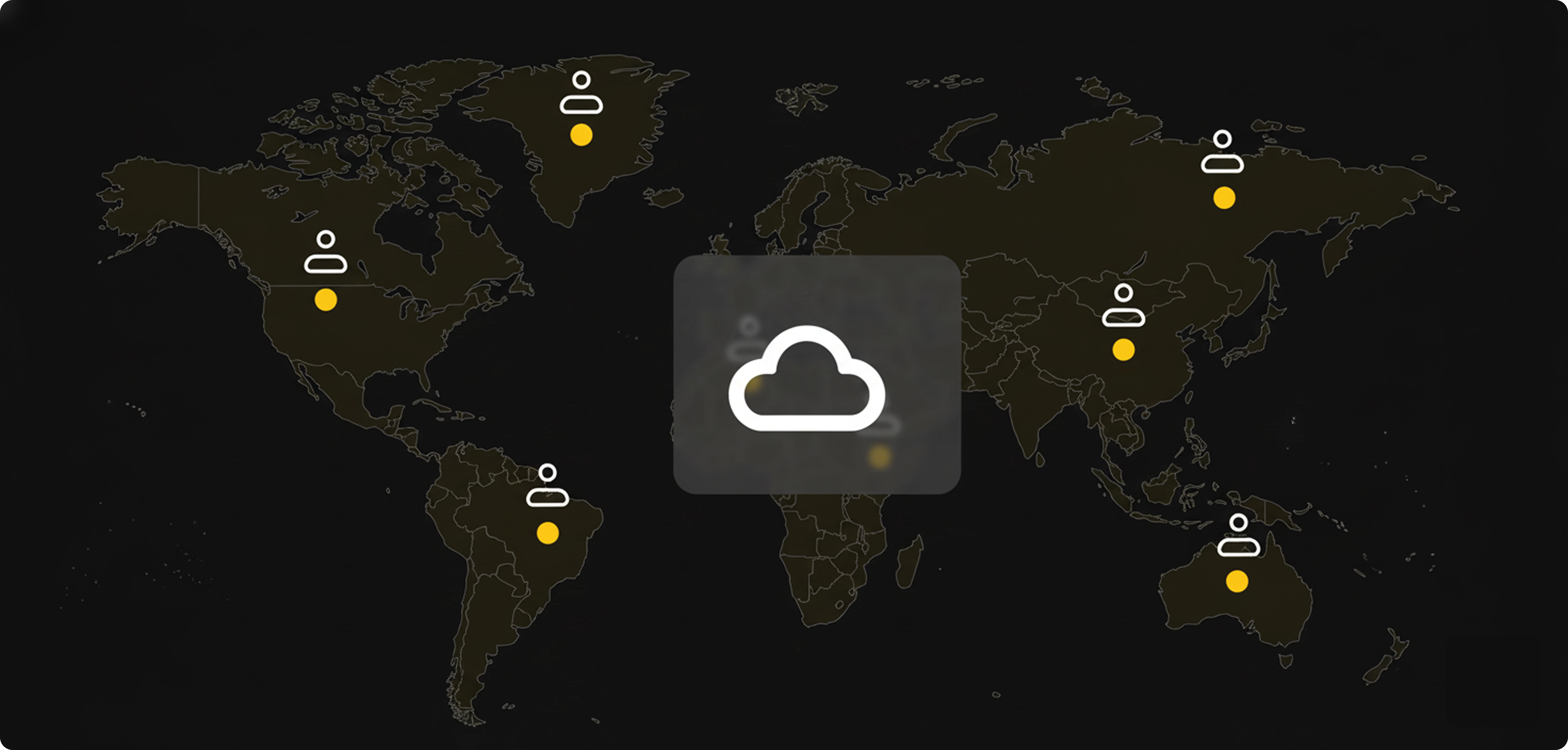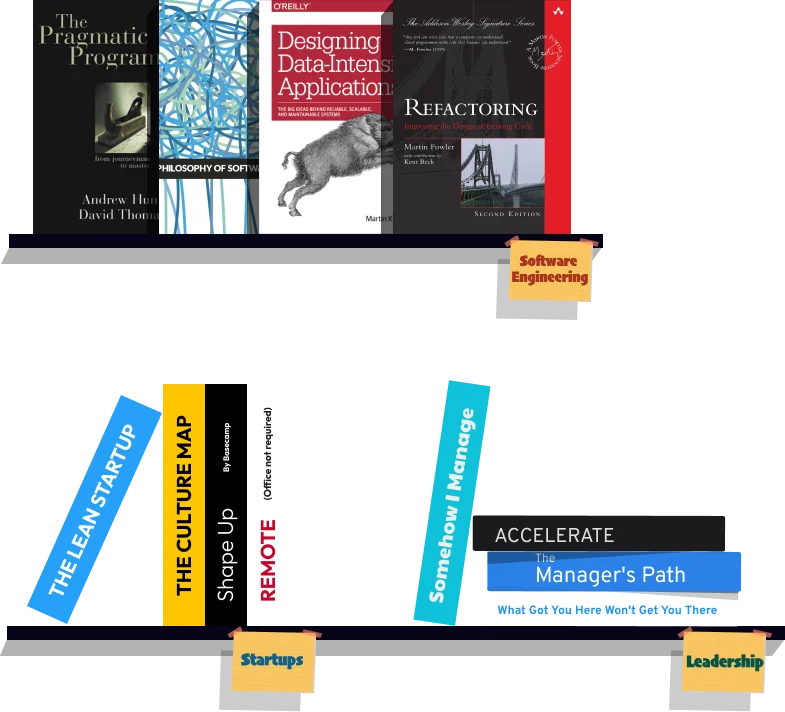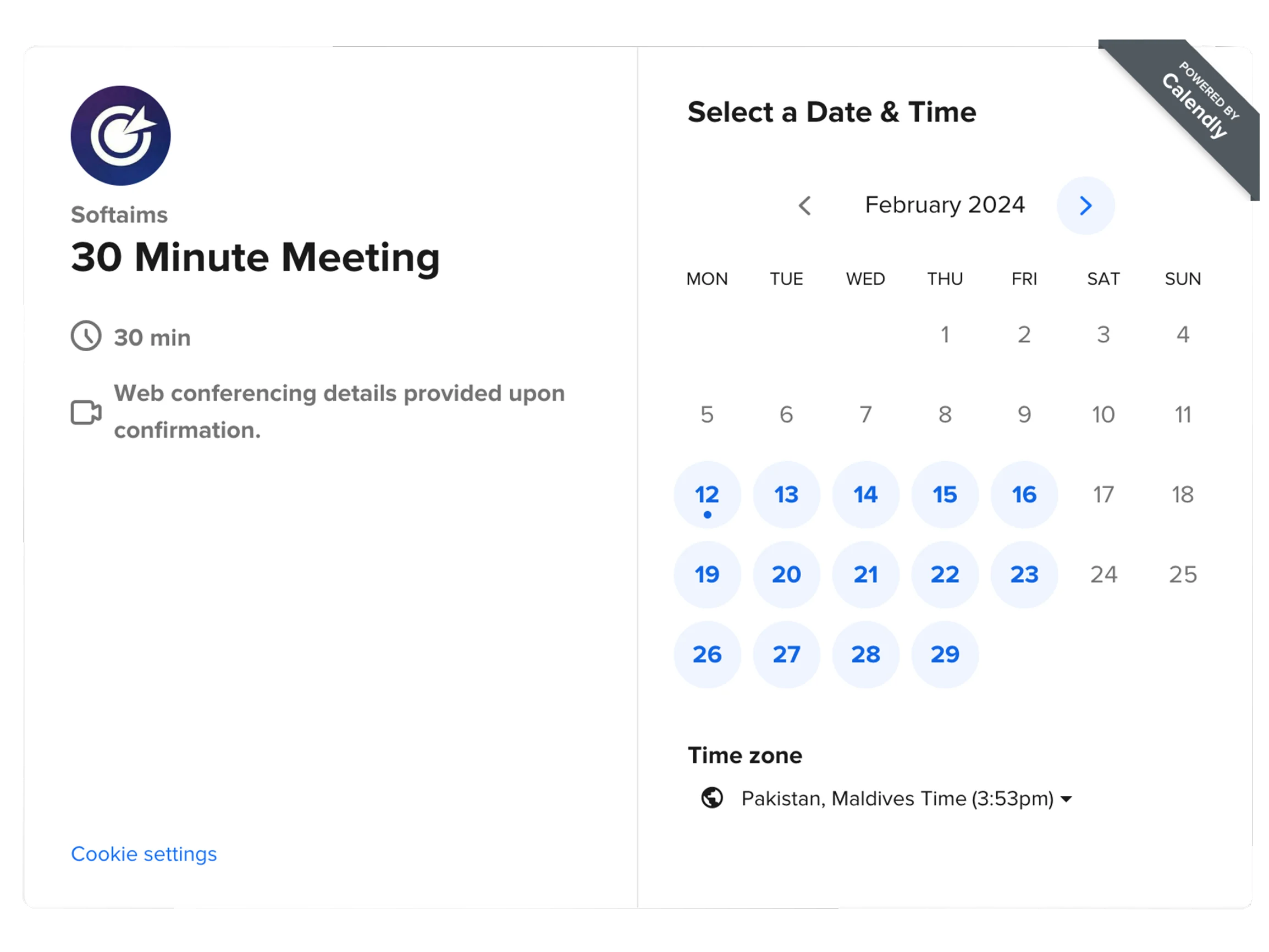The Architects of Modern Infrastructure Cloud Engineers
A Cloud Engineer is a highly skilled IT professional who designs, builds, and manages an organization's cloud computing infrastructure. They are the architects of the modern data center, working with public cloud platforms to create environments that are scalable, secure, resilient, and cost-effective, eliminating the need for on-premise hardware.

Hiring a Cloud Engineer is a foundational investment for any company that wants to be agile and competitive in the digital age. They are responsible for building the reliable and efficient platform upon which all of a company's applications and services run, enabling development teams to innovate and deploy with speed and confidence.
Expertise in a Major Cloud Provider
A proficient Cloud Engineer must have deep, hands-on expertise in at least one of the three major public cloud providers: Amazon Web Services (AWS), Microsoft Azure, or Google Cloud Platform (GCP). This goes beyond a surface-level familiarity and requires a practical understanding of the platform's core services.
This includes a mastery of core compute, storage, networking, and database services. They must be able to make informed decisions about which services to use for a given workload, balancing factors like performance, cost, and operational complexity to build an optimal solution.
Infrastructure as Code
The cornerstone of modern cloud management is the practice of Infrastructure as Code (IaC). A top-tier candidate must be proficient in defining and managing their cloud infrastructure using code, rather than manual configuration through a web console. The leading industry tool for this is Terraform.
By defining infrastructure in configuration files (e.g., resource "aws_vpc" "main" { ... }), they can create a reliable, repeatable, and version-controlled process for provisioning resources. This practice is essential for eliminating configuration drift, enabling automation, and building scalable and maintainable cloud environments.
Containerization and Orchestration
Containers are the standard unit of deployment for modern cloud-native applications. A Cloud Engineer must have deep expertise in Docker, including the ability to build, manage, and optimize container images. They are responsible for creating the runtime environment for the company's applications.
Beyond single containers, they must be highly skilled with a container orchestration platform, with Kubernetes being the undisputed industry standard. This includes the ability to deploy applications to a Kubernetes cluster, manage their lifecycle, configure networking and storage, and ensure the cluster is secure and performant.
Networking and Security
A Cloud Engineer is responsible for building a secure and well-architected network foundation in the cloud. They must be experts at designing and managing virtual networks (like AWS VPCs), including the configuration of subnets, firewalls, routing, and load balancers to control traffic flow and ensure high availability.
Security is a fundamental part of this role. They must have a deep understanding of cloud security principles, including identity and access management (IAM), network security groups, and data encryption. They are the first line of defense in protecting an organization's data and infrastructure from threats.
CI CD and DevOps Principles
Cloud engineering is intrinsically linked with DevOps. A Cloud Engineer is often responsible for building and maintaining the CI/CD (Continuous Integration/Continuous Deployment) pipelines that allow developers to ship their code automatically. This requires expertise in a tool like Jenkins, GitLab CI, or GitHub Actions.
They must champion a culture of automation and collaboration, working closely with development teams to create a smooth and efficient path from a developer's laptop to production. Their work is a critical enabler of a high-velocity and reliable software development lifecycle.
Monitoring, Observability, and Incident Response
Once an infrastructure is built, it must be monitored to ensure it is healthy and performant. A Cloud Engineer must be skilled at setting up a comprehensive monitoring and observability stack. This includes using cloud-native tools (like AWS CloudWatch or Google Cloud's operations suite) and third-party solutions for metrics, logging, and tracing.
They are responsible for creating automated alerts to proactively detect issues and are often a key part of the incident response team when something goes wrong. A proactive and data-driven approach to monitoring is essential for maintaining a reliable production environment and meeting service-level objectives (SLOs).
Scripting and Automation
The key to managing a large-scale cloud environment is automation. A proficient Cloud Engineer must have strong scripting skills to automate repetitive tasks and manage their infrastructure programmatically. Common language choices for this include Python for its rich ecosystem of libraries and Bash for its ubiquity in Linux environments.
Whether it's writing a script to automate daily backups, clean up unused resources, or patch a fleet of servers, this ability to write code to manage the infrastructure is what distinguishes a true engineer from a system administrator. Automation is the key to scalability and reliability.
Cost Management and Optimization
The pay-as-you-go model of the cloud offers incredible flexibility, but it can lead to runaway costs if not managed carefully. A critical responsibility of a Cloud Engineer is cost optimization. They must be skilled at using the cloud provider's cost management tools to analyze spending and identify opportunities for savings.
This includes implementing strategies like right-sizing virtual machines, leveraging reserved instances for predictable workloads, setting up budget alerts, and automating the shutdown of development environments. An engineer who can build a powerful infrastructure while also being a good steward of the company's financial resources is an invaluable asset.
Disaster Recovery and High Availability
A key promise of the cloud is its ability to build highly resilient systems. A senior Cloud Engineer must be able to design and implement an architecture that has no single point of failure and can withstand the loss of an entire data center. This involves using multiple availability zones or even multiple regions.
They must also have a well-defined disaster recovery (DR) plan. This includes implementing regular, automated backups of critical data and having a tested procedure for restoring the entire application in a different region in the event of a major outage. This expertise is crucial for any business that cannot afford downtime.
How Much Does It Cost to Hire a Cloud Engineer
The cost to hire a Cloud Engineer is high, reflecting their critical role in a modern technology company and the intense demand for their skills. Salaries are heavily influenced by their geographic location, years of experience, and the depth of their expertise in high-demand areas like Kubernetes, Terraform, and cloud security.
Tech hubs in North America and Western Europe typically have the highest salary ranges. The following table provides an estimated average annual salary for a mid-level Cloud Engineer to illustrate these global differences.
| Country |
Average Annual Salary (USD) |
| United States |
$138,000 |
| Switzerland |
$128,000 |
| United Kingdom |
$92,000 |
| Germany |
$90,000 |
| Canada |
$108,000 |
| Poland |
$72,000 |
| Ukraine |
$68,000 |
| India |
$52,000 |
| Brazil |
$62,000 |
| Australia |
$112,000 |
When to Hire Dedicated Cloud Engineers Versus Freelance Cloud Engineers
Hiring a dedicated, full-time Cloud Engineer is the right choice for any company that considers its cloud infrastructure to be a core, strategic asset. A dedicated engineer will take long-term ownership of the architecture, security, and cost-effectiveness of your platform. This is an essential role for ensuring the ongoing health and evolution of the foundation upon which your business runs.
Hiring a freelance Cloud Engineer is a more tactical decision, perfect for specific, well-defined projects. This is an ideal model for a one-time migration to the cloud, a security audit of your existing infrastructure, or setting up a new CI/CD pipeline. Freelancers can provide specialized expertise to achieve a particular goal efficiently without the long-term commitment of a full-time employee.
Why Do Companies Hire Cloud Engineers
Companies hire Cloud Engineers to enable business agility and innovation. By building a scalable and automated infrastructure on a public cloud platform, Cloud Engineers allow development teams to experiment, build, and deploy new applications much faster than they could with a traditional on-premise data center. This speed is a major competitive advantage.
Furthermore, they are hired to provide reliability and scalability that would be difficult and expensive to achieve otherwise. They build systems that can automatically scale to handle sudden spikes in traffic and are resilient to hardware failures. Ultimately, they allow a company to offload the undifferentiated heavy lifting of managing infrastructure and focus on what truly matters: building great products for their customers.
In conclusion, hiring a top-tier Cloud Engineer requires finding a professional who is an expert architect, a disciplined automator, and a security-conscious operator. The ideal candidate will combine deep, practical knowledge of a major cloud provider with a mastery of modern practices like Infrastructure as Code, container orchestration, and CI/CD. By prioritizing engineers who have a mindset of continuous improvement and a focus on reliability and cost-efficiency, organizations can build the powerful and agile cloud foundation necessary to thrive in the digital economy.



































